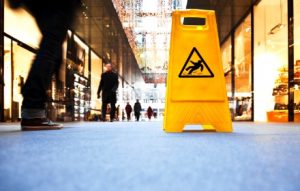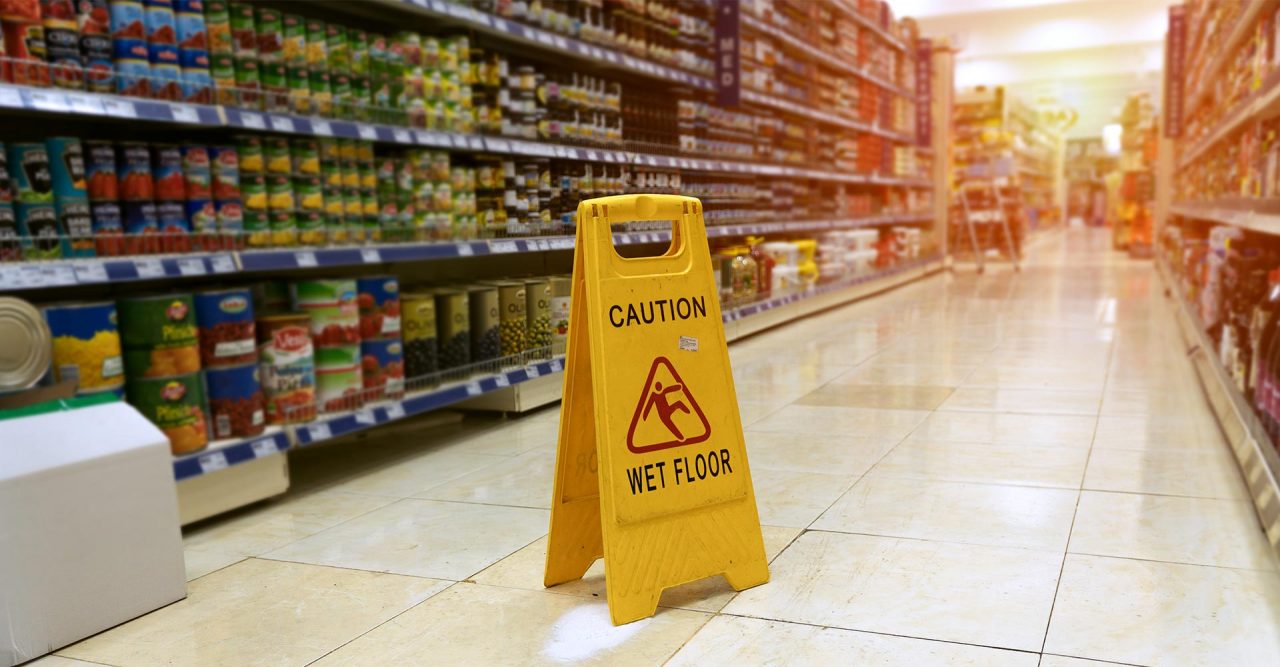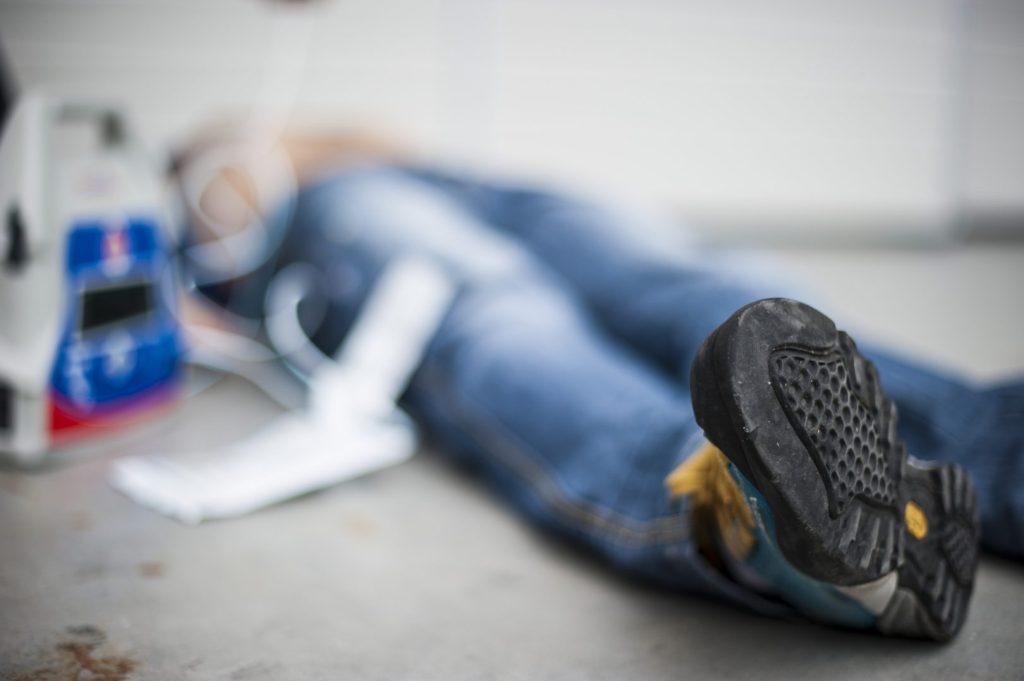If you’re hurt as the result of someone else’s negligent actions, we’ve got your back.
If you have been injured by someone else’s negligence and as a result are unable to work or require assistance with personal care or medical expenses, our public liability lawyers can help.
Public Liability is a broad term covering a variety of circumstances in which public and private entities are held liable at law for injury and/or death as the result of negligence.
Entities, including public authorities, organisations, businesses and individuals have obligations to ensure that reasonable precautions are taken to prevent foreseeable risk of injury to members of the public, customers and invitees. This is known as the ‘duty of care’.

Where an entity breaches its duty of care and injury is suffered it may be liable in ‘negligence’ to pay compensation to the injured person.
There are numerous circumstances where an entity may be held liable in negligence for injuries suffered including:
- Slip, trip and fall accidents
- Shopping centres slip and fall accidents
- Business premises
- Public spaces – parks, footpaths
- Rental premises
- Wrongful arrest and malicious prosecution
- Negligent acts of government authorities resulting in injury
- Accidents on public roads – pavement irregularities
- Rides and attractions
- Gyms and fitness businesses
- Dog attacks
- Physical assault
Compensation / Damages
If you have suffered injury, a loved one has died, or you witnessed a death as the result of negligence in the Public Liability setting you may be entitled to compensation including:
- Medical/treatment expenses
- Loss of income or income earning capacity
- The commercial value of assistance given to you by family and friends
- Commercial assistance
- Non-economic loss for pain and suffering
- Aggravated or exemplary damages
Insurance
Businesses, occupiers of premises and public entities are required to hold Public Liability Insurances. This means that most claims brought are covered by insurance companies.
Legal Advice
You should always get independent legal advice, as the insurance company will do all it can to reject or limit your claim. At The Law Office of Conrad Curry our public liability lawyers listen, care and will strive to get you the outcome you deserve. We have the knowledge and experience to be able to smoothly guide you through your claim.
Frequently Asked Questions
1. Can I make a public liability claim?
You may be eligible for compensation for public liability if you have suffered injury as the result of someone else’s negligence. Not every accident is compensable. It will depend on:
• whether the entity alleged to have been at fault owed you a duty of care
• whether the duty of care was breached
• whether it was reasonably foreseeable that the breach would lead to injury and/or death
2. What compensation is payable?
If the entity is found liable, then you may be eligible for compensation (also known as ‘damages’):
• medical/treatment expenses
• loss of income or income earning capacity
• the commercial value of assistance given to you by family and friends
• commercial assistance
• non-economic loss for pain and suffering
• aggravated or exemplary damages
There are certain statutory thresholds and limits on the payment of compensation under the Civil Liability Act 2002.
3. Can an insurer avoid liability for my claim?
Not every injury is compensable. Entities can avoid or limit liability where it is proved that:
• it took reasonable precautions to prevent against injury
• you voluntarily assumed the risk, such as undertaking inherently dangerous activities
• whether the risk was obvious, and you should have taken care for your own safety
• you were responsible for the accident
• you have signed a waiver or disclaimer
4. How long do I have to make a claim?
In New South Wales, you have three years from the date that negligence occurs. This means from when it is apparent that a breach of the duty of care has occurred and you have suffered a serious injury as the result. Usually, time runs from the date of the accident.
5. How long will it take to resolve my claim?
Unfortunately, most claims for damages as the result of Public Liability are not resolved unless Court proceedings are taken. In New South Wales it is expected that claimants do not commence proceedings until their case is properly prepared. This means being in a position to substantiate the damages in the claim. Most injuries do not stabilise for the purposes of assessment until at least 12 months after the accident.
Once proceedings are commenced, a claimant can expect to have their matter resolved within 9 to 18 months.
6. Will I need to go to Court?
Your case may need to go to a fully contested hearing if it cannot be resolved otherwise. Fortunately, there is an emphasis on alternative dispute resolution in New South Wales, and most cases settle before a Court hearing at an informal settlement conference or mediation.
7. What should I do now?
If you have suffered an injury in a Public Liability setting you should:
- report the incident immediately to the person or organisation who caused or contributed to your injuries
- take photos of the place where the accident occurred and the injuries you suffered
- report to your G.P. or Hospital and obtain proper medical treatment
- contact The Law Office of Conrad Curry to discuss your claim
And remember, once we have analysed the information and circumstances surrounding the event and we are satisfied that your claim has good prospects of success, we offer a no-win-no-fee option with respect to our legal fees.
This service includes:
If you are injured by someone else’s negligence and as a result are unable to work, require assistance at home, or have significant medical expenses, our public liability lawyers can help you claim compensation by:
- Initial assessment and advice as to your prospects of success
- Negotiation with public liability insurers to resolve your case
- Gathering evidence to support your case
- Arranging expert appointments and reports
- Commencing Court proceedings





















